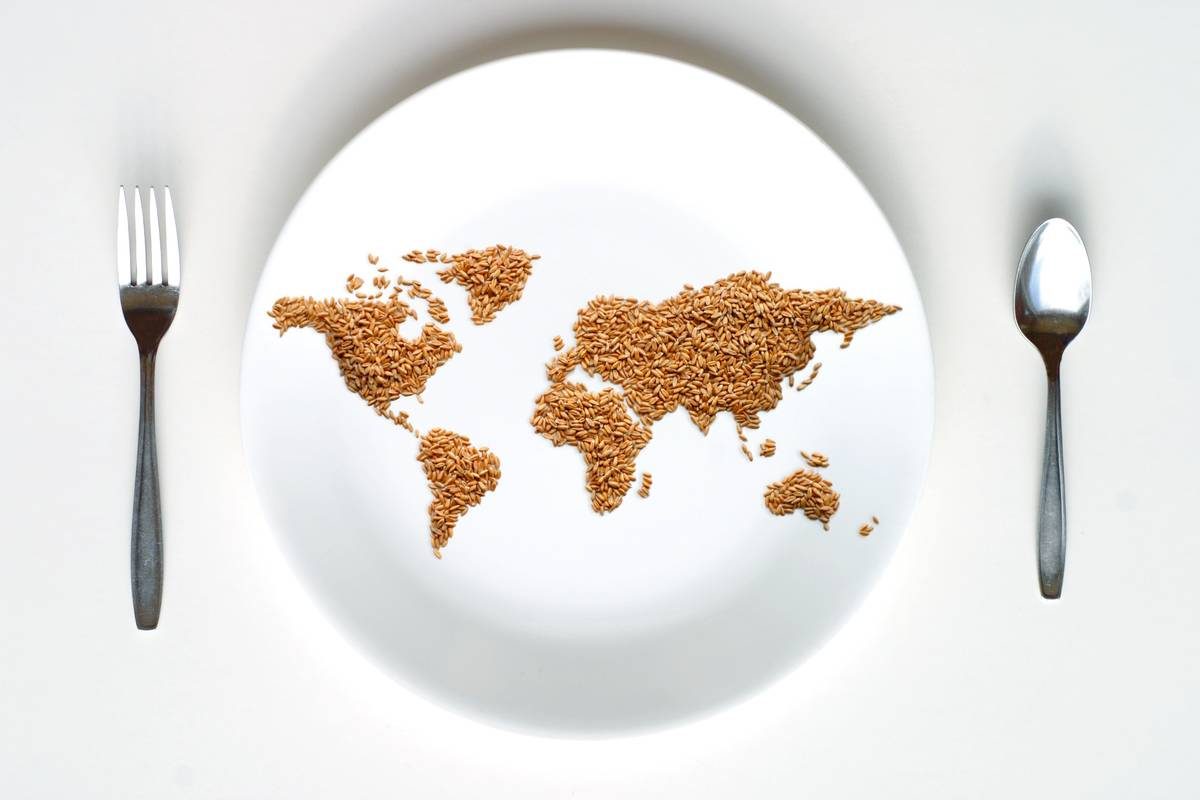These are challenging and uncertain times. My first message is to follow recommendations of health experts and follow the rapidly changing policies and recommendations. My pick is that this will get significantly worse before it gets better and we will see a greater impact on our lives and economy than currently predicted. The hope is that we closed our borders early enough and have managed to limit the number of cases accordingly.
Secondly, take care of yourselves and family and don’t forget about your community. We may become restricted on direct social engagement but keep in touch with wider family and friends and check in on those within your community less capable than yourself.
We will come out of this, but things will look significantly different. Are we at a tipping point? If we are, what will change and what will be the opportunities for us as individuals, businesses and a country that come from this?
How a tipping point inspires change
When I think about the early adopters of Holistic Management and Regenerative Farming a common story was that these farmers were at a tipping point. The current industrialised faming model had failed them, they had run out of support from all the normal channels and were effectively left to their own devices. Holistic Management and its application was effectively their only hope for a future. They felt they had nowhere else to go.
Most of these farmers turned themselves around by this move from the industrialised paradigm to the regenerative paradigm and still farm that way. I refer you to Charles Massey’s book ‘The Call of the Reed Warbler’ as an excellent example of this.
Supermarkets and food supply disruption
I see parallels in what we see globally. It has become suddenly apparent that the system cannot be relied on to support us. The infrastructure is very friable and it doesn’t take much to disrupt it. We are for the first time for many of us experiencing empty supermarket shelves. Compounding this situation is that we have given away most of our own control over our food and essential supplies.
I can remember when we had bread and milk delivered to the gate, our meat came from home kill or a local butcher with whom we had a good relationship and we probably only shopped each fortnight or certainly no more than weekly. Now the norm is for us to pop down to the supermarket daily to provision!
This is encouraged as this helps the supermarket business, but perhaps we need to consider these are commercial organisations which will not necessarily make moral decisions. This has come at a major cost to alternative supply chains and self-sufficiency.
Regenerative principles as a solution
So, what can we learn form this current global pandemic and how can we change to position better for and beyond recovery? I strongly believe that the adoption of regenerative principles within our lives, businesses and communities provide the best solutions. These principles are based on moving;
• From parts to wholes- nature works in wholes
• From competition to collaboration
• From prescriptions to practices
• From extraction to equity
• And from centralised power to decentralised empowerment
As individuals and families we can start to make simple changes to improve our self-reliance and ultimately our health, as farms and businesses these changes will position us better for the opportunities which will emerge from this challenge, as communities we need to begin to realise the unrealised potential that resides within the people of the community.
A broken model based on extraction
Our business model has been too commodity focused, whether that is the agricultural produce we provide to the world or our tourism. It has been about maximising output with no consideration as to the health of our ecology, our farmers or farmland, the environment or our communities which all suffer from these extractive designs.
It is now the time and opportunity to change this. Let’s reposition around the principles of Mātauranga Māori or Regenerative. We and the world need feeding. We all need healthy, nutritious food and most countries’ agricultural industries will be severely disrupted. Ironically the very industry which has been the whipping boy of public opinion will be the most important industry in helping us through these difficult times. Let’s support them.
A key message of regenerative is the importance of interconnectedness. Use this tipping point to re-connect to our land, to our food and to each other. The potential is limitless.
Ata Regenerative are at the forefront of regenerative agriculture practice in New Zealand. With 17 years working in the regenerative space and as the only EOV provider in the country, Ata Regenerative can assist with your transition to farm practice that focuses on the regeneration of soils, increased productivity and biological diversity, as well as economic and social well-being. To find out more, contact us here.


